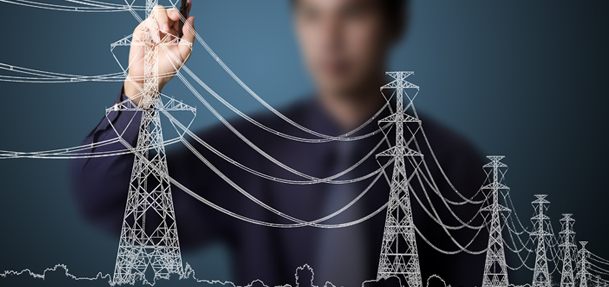Joint Albania-Kosovo Power Market Worries Think Tank

Kosovo’s GAP Institute think tank has said it strongly backs the integration of the electricity systems of the two countries, “but is against the exploitation of lignite for the sake of cooperation”.
The Pristina based think-tank said in a statement said its position was “due to the negative effects produced by the use of coal as a source for the production of electricity, which is the pollution and its adverse effects on public health”.
Kosovo and Albania are net importers of electricity and thus stand to benefit from the integration of their energy sectors.
The production of electricity in both countries depends on a single source of energy. Kosovo depends on its coal reserves and Albania on hydropower.
In 2013, roughly 97 per cent of electricity produced in Kosovo came from coal power plants, while all virtually all electricity produced in Albania comes from hydropower plants.
GAP said this dependence on a single source of energy was to blame for lack of efficiency, high costs and the instability of electricity markets in both countries.
In Kosovo, the system has an especially high operating cost. Because it is dependent on thermal power plants, the system is not flexible and is often unable to cover electricity demand in peak hours. This translates into costly electricity imports and power outages.
According to GAP, the electricity systems of Albania and Kosovo are complementary and the creation of a single energy market would lower costs.
However, GAP warns that the compatibility of Kosovo’s lignite reserves with Albania’s water resources could translate into more coal power plants being built in Kosovo, which would have an adverse effect on the environment.
The institute suggests that Kosovo invest in renewable energy which, despite being unpredictable, can be easily balanced with Albania’s hydropower capacities.
Balkan Insight, 11.01.2015


